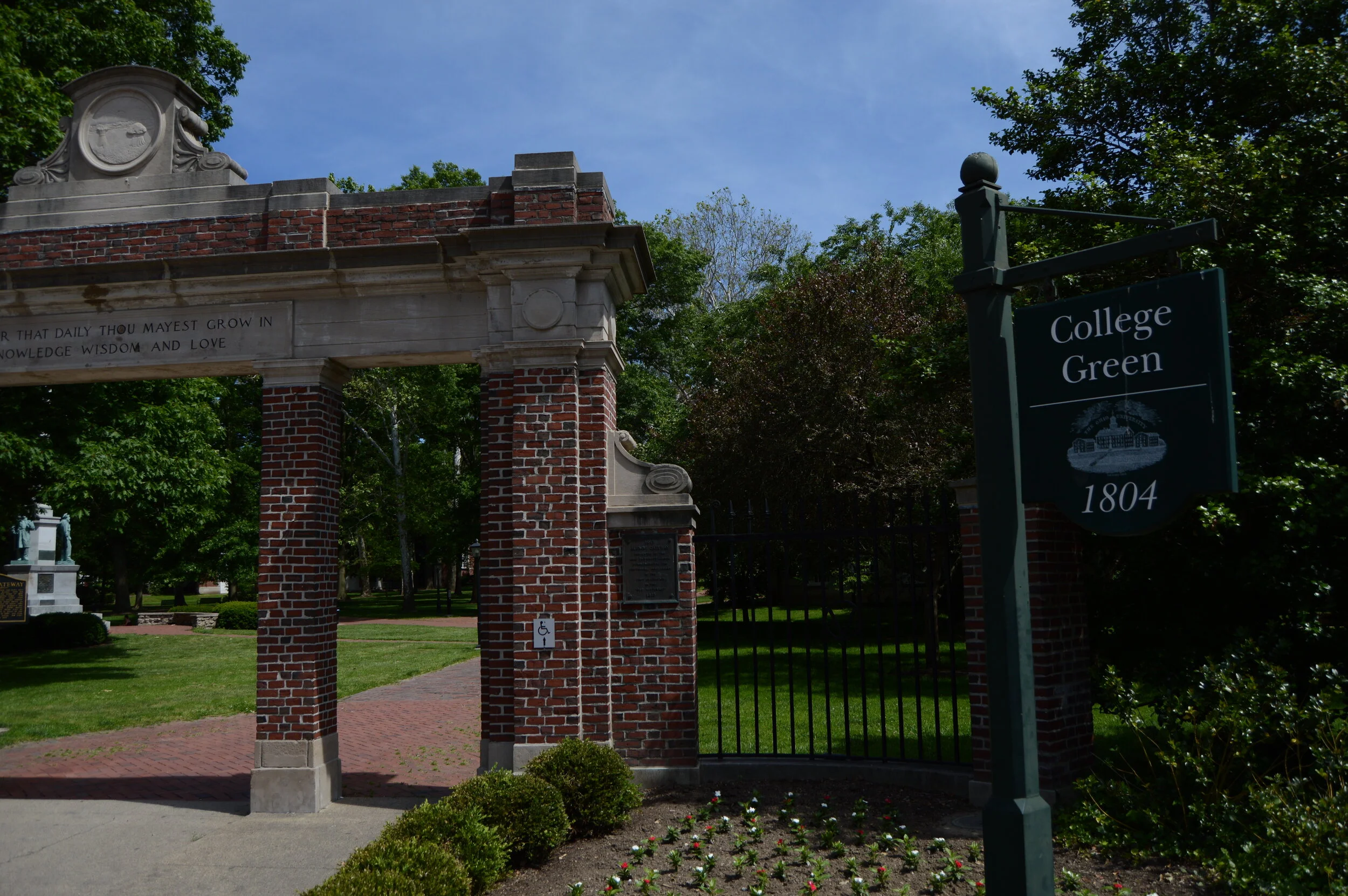OPINION: Ohio U students should help pay for Athens Fire Department services
Justin Thompson, a senior studying journalism, argues that Athens Fire Chief Robert Rymer’s proposal for a student fee of $50 per semester to help pay for the fire department is a small price to pay to keep Athens’ only fire department running at full strength.
Please note that these views and opinions do not reflect those of The New Political.
Athens Fire Chief Robert Rymer was hopeful his proposal would gain traction when he presented it to Student Senate last November. It wasn’t his idea — the proposal was the brainchild of former City Councilmember Kent Butler — but Rymer recognized that, if passed, it would dramatically help supplement funding for his cash-strapped fire department.
His pitch went like this: each Ohio University undergraduate student would pay a $50 fee each semester to help bolster the fire department’s yearly budget. Additionally, Rymer advocated for a fire safety course for first-year students; a proactive step that would help prevent fires before they happen. But it failed to pass amid concerns over the growing cost of student fees.
With many students set to return to campus for the spring semester, now is the time to revisit the proposal and further weigh its cost and merits.
Last year, the department’s budget was $3.2 million, most of which came from local income tax revenue. Most cities in Ohio have an income tax rate between 2% to 3% of an individual’s income. But, at 1.85%, the income tax rate in Athens ranks among the lowest for any municipality in the state, according to Rymer.
In addition, with many people in Athens either unemployed or working limited hours due to the coronavirus pandemic, and with local businesses suffering financial losses, Rymer expects income tax revenue to take a hit and, by extension, the budget for next year to shrink.
The department’s financial predicament is further complicated by the layout of the town. According to Rymer, approximately 47% of the town’s developed land is exempt from local property taxes, which also go toward funding the fire department. That includes university buildings, churches and charity organizations.
So while the department provides service for the whole town, only a little more than half of the taxable land in Athens contributes to its budget.
Rymer said that the Ohio University Police Department (OUPD) monitors roughly 30% of the town, while the Athens Police Department patrols the other 70%. But the fire department is still tasked with protecting the whole town while operating on diminished funds in one of the state’s poorest counties, no less.
If Rymer’s proposal were adopted, current undergraduate enrollment figures show that it would net the department nearly $1.9 million in additional revenue.
Rymer said the extra money could be used to hire additional employees and buy much needed supplies like air packs and fire engines. Increased staffing and improved equipment could cut the department’s response times to structure fires and improve safety in the community.
In situations where a few extra seconds are invaluable, $100 per year is a small price to pay for the assuredness that the university’s buildings will be protected in the event of a fire.
In 1993, Rymer’s first year with the department, they responded to 391 calls. In 2019, that number had skyrocketed to nearly 1,100. However, the number of personnel has remained nearly the same in those 27 years.
To cope with the massive increase in workload, Athens firefighters have had to embrace a “jack-of-all-trades” mentality. Between responding to fire alarms, performing hydrant testing, conducting public building inspections, responding to structure fires and intervening in disaster situations, some extra personnel would go a long way toward ensuring the safety of the city.
As Ohio U’s budget crisis deepens, it is imperative that the university protect its most valuable assets: its hundreds of buildings totaling millions of dollars in property value. A damaged or destroyed building could spell even more dire straits for the university going forward. A $100 yearly fee is not an exorbitant price to pay to assure their safety, and the extra income would significantly strengthen the financial future of the city’s fire department.

